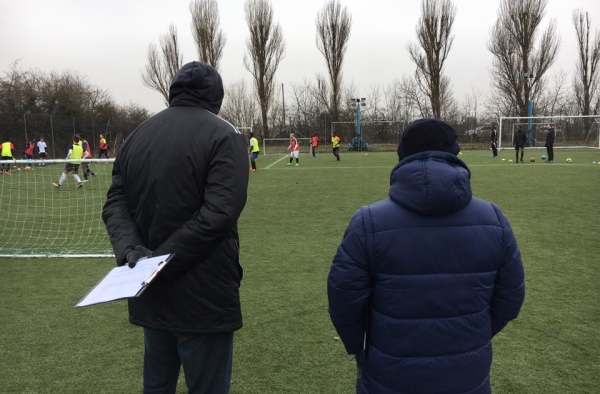The 2025 transfer window proved to be a landmark period for Nigerian football talent, as a growing number of players moved from local academies and clubs into Europe and beyond. While exact numbers vary, the trend is clear: scouts, agents and clubs are increasingly recognising Nigerian players for their technical ability and potential.
This movement isn’t just about big-money deals. It’s also about pathway building—young players getting signed professional contracts, former street-footballers entering structured academies, and clubs refining their scouting networks.
For Nigerian football, the implications are significant. First, when players move abroad they enhance the nation’s reputation, which in turn raises the value of other young players emerging domestically. Secondly, successful exports create role models for grassroots players, showing that a pathway exists from local pitch to global stage.
However, this dynamic also raises challenges. Nigerian clubs and academies must contend with talent drain, meaning strong domestic retention and player-welfare programs become more important. Ensuring young players are prepared — mentally, educationally and physically — is vital, lest they struggle abroad.
For the supporters of the Super Eagles and clubs like Remo Stars or Beyond Limits FC, the transfer surge brings promise. But it also signals a call to action: improving academies, strengthening partnerships with foreign clubs, and structuring player management. The story of Nigerian talent is becoming global — now the infrastructure must match that ambition.




